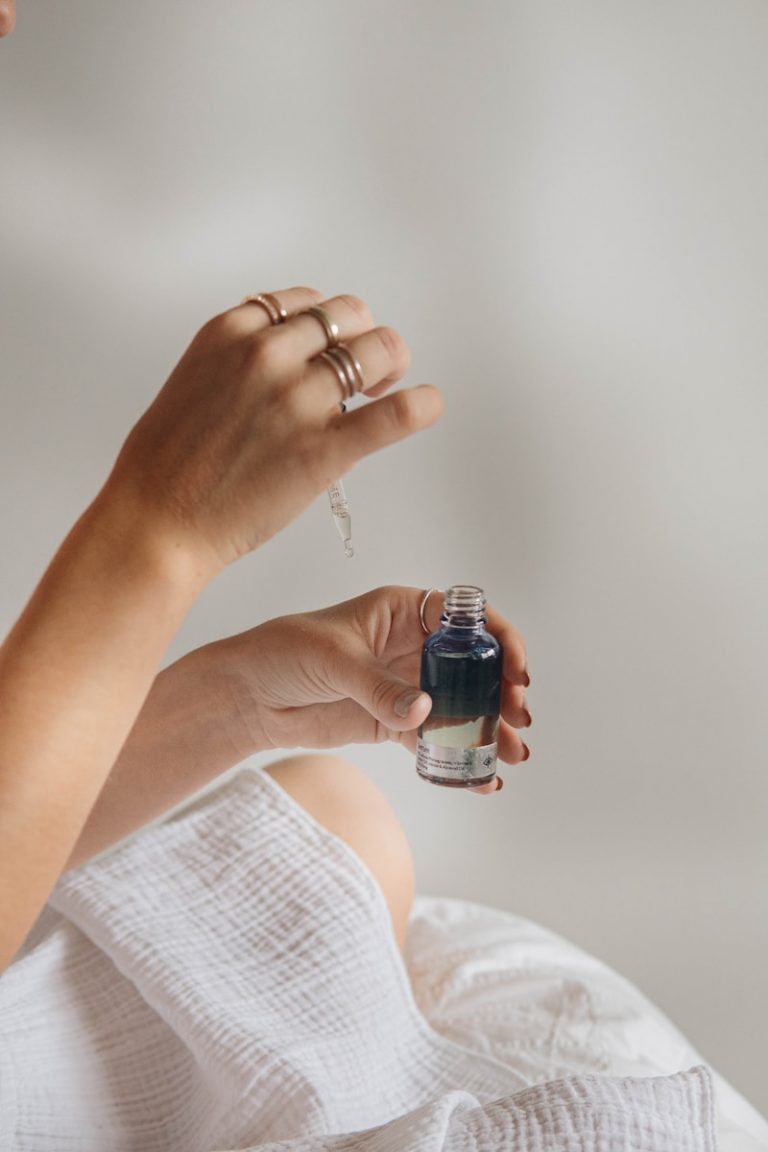Substance abuse, often hidden behind closed doors, casts a long shadow not just on health but also on beauty. For women, the stakes are even higher as societal pressures demand a façade of perfection. Keep reading to reveal the profound impact of substance abuse on physical appearance and get guidance on reclaiming both health and beauty during recovery.
Skin Deep: Substance Abuse and Skin Health
The first casualty of substance abuse is often the skin. Alcohol and drugs can lead to dehydration, causing the skin to lose its plumpness and elasticity. This can result in premature aging, wrinkles, and a dull complexion. Substances like methamphetamine can cause severe acne or an outbreak of sores, as the chemicals interact harshly with the skin. Additionally, the stress that often accompanies addiction can further exacerbate skin problems, leading to a cycle that is difficult to break without intervention.
Proper skincare routines and treatments can help mitigate these effects, but the most effective solution is addressing the root cause: the addiction itself.
Navigating Recovery: Anxiety and Appearance
Recovery is a challenging journey, not just mentally and emotionally but physically as well. As the body detoxes, many women experience changes in their appearance, some of which can be distressing. Temporary hair loss, fluctuating weight, and skin issues are not uncommon. Dealing with anxiety during addiction treatment can cause physical symptoms like increased sweating and an agitated state, which can further affect a woman’s appearance and self-esteem.
Managing these symptoms involves a combination of medical intervention, nutritional support, and psychological counseling to ensure that recovery is as smooth as possible, supporting both health and appearance.
Hair Today, Gone Tomorrow: The Impact on Hair
Substance abuse can take a toll on hair health, leading to thinning hair, breakage, and even significant hair loss. Nutritional deficiencies common in those struggling with addiction can rob hair of its natural luster and strength. Rebuilding hair health starts with a balanced diet rich in proteins, vitamins, and minerals that support hair growth and restoration.
Specialized treatments and supplements can also aid in the recovery of hair health, but these should always be used under the guidance of a healthcare professional to ensure they are supportive of overall recovery.
Teeth and Bone Health: The Overlooked Victims
Substance abuse can also severely impact dental and bone health. Drugs like methamphetamine can cause “meth mouth,” where teeth decay at an accelerated rate and gums become inflamed. Alcohol abuse can lead to bone density loss, making bones brittle as well as more susceptible to fractures.
Recovering dental and bone health requires specialized medical treatments and increased nutritional intake. Calcium, vitamin D, and magnesium are essential for bone recovery, while regular dental checkups and hygiene are crucial for restoring dental health.
The California Recovery Route
Many seeking to escape the grip of addiction choose to travel for treatment, finding new surroundings as a catalyst for change. States like California offer more than just recovery programs; they provide inspiring environments that aid the healing process. California’s ideal weather and beautiful backdrop provide a gorgeous place to detox and recalibrate. After treatment, sober living homes in California can be a game-changer. Search for a home for womens sober living in Newport Beach, La Jolla, or Orange County, among other serene locations that offer the peace needed to heal.
This approach aids in physical recovery and also boosts mental health, offering scenic views and a tranquil environment that nurtures overall well-being.
Lifestyle Overhaul: Fitness and Nutrition in Recovery
Physical fitness and proper nutrition are pillars of recovery. Engaging in regular exercise not only helps rebuild physical strength but also improves their mental health by reducing stress and anxiety. Tailored exercise programs can help restore the body’s muscle mass and improve cardiovascular health, which is often compromised due to substance abuse.
Nutrition plays a critical role in recovery by replenishing depleted nutrients and supporting overall physical repair. A diet that is rich in fruits, veggies, lean proteins, and whole grains gives women the building blocks for recovery.
Recovery from addiction is a road toward transformation. While the road may be fraught with challenges, it offers a chance to reclaim not only health but also beauty. Understanding the physical effects of substance abuse is the first step toward healing. With the right support, treatment, and lifestyle changes, recovery can lead to a revitalized life, reflecting inner health and outer beauty. Each step forward in this journey not only restores the body but also brings back the confidence and radiance that substance abuse might have shadowed.


0 Comments